Everything you need to know about HPE
A brief guide to HPE, the platform-as-a-service IT specialist known for its storage, networking, and compute portfolios
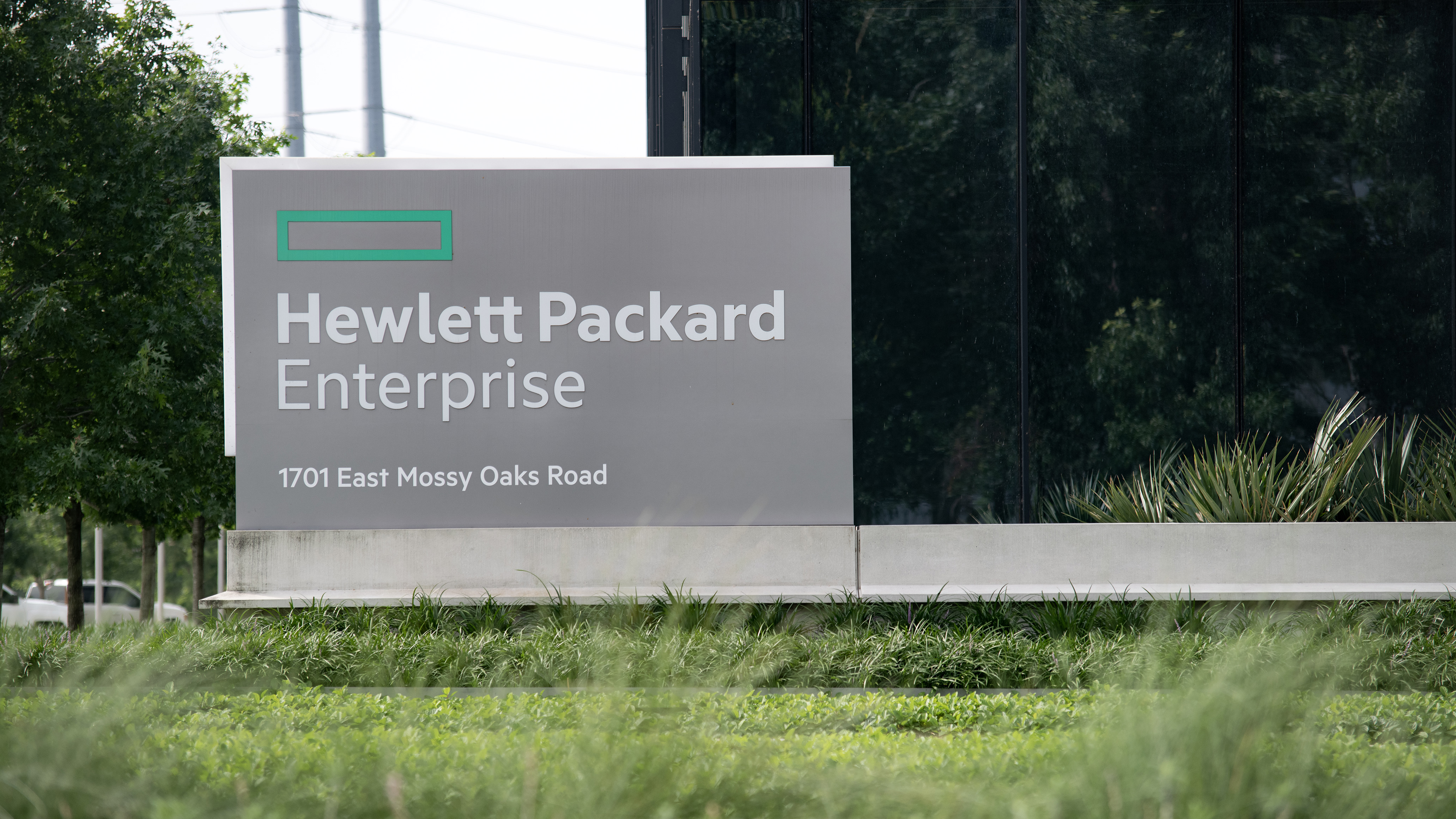

Debabrata Deb
In any conversation about enterprise technology, HPE inevitably comes up. As a stalwart in the industry, its roots trace back to 1939 when it was first established as Hewlett-Packard.
After more than 70 years of leading innovation, HPE emerged in 2015 as a separate entity, concentrating exclusively on enterprise solutions, while HP Inc. continued to handle consumer products.
| Founded | 1 November, 2015, following the break-up of the IT giant Hewlett-Packard Company |
| Current CEO | Antonio Neri |
| HQ | Houston, Texas. |
| Annual revenue | $29.66 billion in (2023) |
A quick history of HPE
When Hewlett-Packard split into two companies in 2015, it marked the dawn of a new era. Out of the historic division emerged Hewlett Packard Enterprise (HPE), a business-focused powerhouse specializing in servers, storage, networking, software, and services.
HP made waves by acquiring Aruba Networks on 19 May 2019, six months prior to the official split. This helped the firm establish itself as a leader in networking and was considered a major addition to its enterprise products and services business – soon to become HPE.
With its $1 billion wireless offering and 1,800-strong staff of employees skilled in enterprise networking, Aruba would quickly become a major feather in HPE’s cap.
In March 2024 HPE debuted an end-to-end, AI-native portfolio for generative AI. The portfolio included two solutions encompassing all the compute, storage, networking, and consulting services that an organization may need to accelerate its AI projects.
Months later in June 2024, HPE launched HPE Aruba Networking Enterprise Private 5G, meant to simplify the deployment of private cellular networks. HPE Aruba Networking is now the only global enterprise infrastructure vendor to provide comprehensive Wi-Fi and private 5G solutions.
Get the ITPro daily newsletter
Sign up today and you will receive a free copy of our Future Focus 2025 report - the leading guidance on AI, cybersecurity and other IT challenges as per 700+ senior executives
Under CEO Antonio Neri, HPE has continued to push boundaries. Its vision is to make data work for businesses wherever it lives, fuelling the development of cutting-edge hybrid IT solutions.
Since its launch, HPE has shown strong financial growth. As of April 2024, its quarterly revenue touched $7.2 billion, up 3% as compared to the quarterly revenue figures of the prior-year period. HPE's AI system revenue more than doubled from the last quarter and it tripled the number of enterprise AI customers as compared to the previous year. With proven strategies and differentiated offerings, HPE is poised for continued success in unlocking value across its markets.
What does HPE sell?
Spanning from edge to cloud, HPE's diverse product portfolio aims to help businesses transform their IT and accelerate digital initiatives tailored to industry needs.
A core focus is HPE's compute solutions, including the HPE ProLiant Servers engineered for hybrid environments to unlock more data value and AI outcomes. HPE holds between 15% to 20% of the global server market share, making it one of the top three server providers.
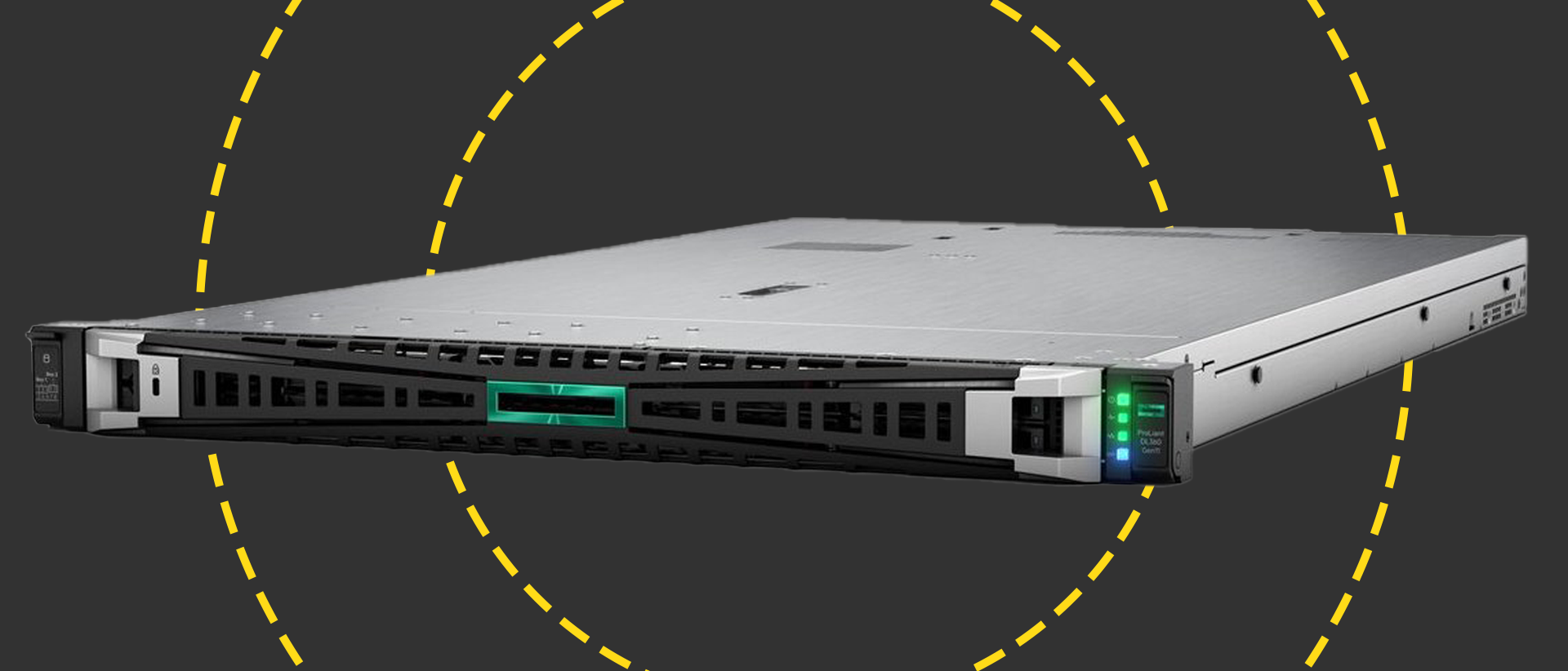
For storage, HPE provides solutions optimized for both traditional and cloud-native workloads to streamline operations. HPE has around a 10% market share of the global storage market.
On the networking side, HPE delivers wired and wireless products designed to accelerate edge workloads while safeguarding data through proven zero trust approaches. HPE's acquisition of Juniper Networks is expected to double the size of its networking business, where it competes globally with companies such as Cisco.
HPE also offers businesses its high-performance computing (HPC) portfolio, offering scale-out and scale-up capabilities for public cloud, on premise, and hybrid environments. It aims to meet the requirements and business needs of today's enterprises through purpose-built software, storage, and workloads. HPE’s HPC marries the cloud and supercomputing, allowing businesses to access to advanced and high-performance HPC systems while getting access to metered and elastic cloud services.
Since it became a company in its own right, HPE has worked hard to establish itself as the go-to partner for HPC. Among the ten most powerful supercomputers in the world, as tracked by Top500, HPE helped build four. This includes Frontier, the most powerful computer in the world and the first to break the exascale barrier, as well as Europe’s most powerful supercomputer Lumi.
Organizations that leverage HPE’s HPC infrastructure can use it to create and improve data analytics, optimize business outcomes, and power AI/ML use cases. With HPE HPC, organizations can assemble HPE's infrastructure building block components, high-speed and high-capacity storage, dense computing resources, software, and networking to run and manage their own HPC clusters.
The need for serious computing power in order to train and leverage the latest generation of AI models has become a major focus for HPE in recent years. At its annual Discover conference in June 2024, HPE announced Nvidia AI Computing by HPE, which includes new services aimed at bringing AI to its channel partners.
One such service is HPE Private Cloud AI, a cloud-based platform for efficiently creating and rolling out generative AI tools and models rooted in one’s own data. Through this and other products, along with its Nvidia partnership, HPE has shown its focus on generative AI.
Finally, HPE rounds out its offerings with software and services like HPE GreenLake for Compute Ops Management, which monitors distributed environments, and HPE Integrated Lights Out, which provides seamless, secure server management from anywhere.
HPE GreenLake is a suite of infrastructure as a service (IaaS) tools that allow customers to consume IT resources on a pay-per-use basis.
HPE GreenLake offers customers a set of public cloud-like services on more traditional on premise-type setups – with both the hardware and software provided in a subscription mode. Its capabilities include cost management, cloud management, and compliance tools, all accessible through a central console, with tools and services including storage, computing, networking, security, and data protection.
HPE positions GreenLake as a unified solution allowing companies to enjoy a relatively simple and risk-free approach to their digital transformation efforts.
In summary, HPE’s breadth of offerings aim to drive digital transformation, with strengths in compute, storage, networking, software, and services across the hybrid IT landscape.
HPE's mergers and acquisitions
HPE has a robust history of mergers and acquisitions, which have played a significant role in shaping the company’s strategy, filling critical portfolio gaps, and enhancing its competitive positioning.
Since its launch in 2015, HPE has made strategic acquisitions to accelerate its transformation into an edge-to-cloud platform-as-a-service company. Its aforementioned absorption of Aruba’s networking catalog and staff helped it get off the ground with speed.
In 2016, HPE acquired HPC veteran SGI for $275 million with the goal of improving its big data analytics offerings and helping HPE deliver AI solutions using its data centers in the long term.
This drive for data readiness continued into 2017, first with HPE’s $650 million acquisition of SimpliVity and less than two months later with its $1 billion deal to absorb Nimble Storage, the flash storage specialist
Another major acquisition for HPE came in 2019, when the firm bought the supercomputing giant Cray for $1.3 billion. HPE has seen major benefits from acquiring Cray, as it built on its strong HPC credentials first bolstered when it took on SGI.
In 2020, it acquired Silver Peak, a software-defined WAN provider, to boost its edge-to-cloud vision and expertise in cloud-native security and zero-trust networking.
The following year saw multiple critical purchases, including Zerto for cloud data protection and management, Determined AI to speed up open source AI model training, and CloudPhysics for infrastructure monitoring insights.
In 2023, HPE made several key acquisitions. In the first quarter of 2023, HPE acquired OpsRamp, a company specializing in IT Operations Management Software. This was followed by the acquisition of Axis Security, a company that offers a Security Services Edge (SSE) Platform. Shortly after, HPE acquired a company specializing in private cellular technology. In the same quarter, HPE also acquired an open-sourced reproducible AI software.
In January 2024, HPE made a $14 billion bid for Juniper Networks. The acquisition faced little resistance in the EU and after a short investigation by the UK’s Competition and Markets Authority (CMA) was also cleared by the regulator. It will undergo final regulatory approval and is expected to clear by the end of 2024 or early 2025.
This acquisition is poised to double the size of HPE's networking business. The deal leverages Juniper's expertise in AI through its Mist AI service. According to an HPE press release, "the explosion of AI and hybrid cloud-driven business is accelerating demand for secure, unified technology solutions that connect, protect, and analyze companies' data from edge to cloud."
After the acquisition is complete, Rami Rahim, Juniper's CEO, will lead the HPE networking business, reporting to Antonio Neri, HPE CEO. The complementary capabilities of HPE and Juniper will be able to deliver next-generation AI-native networking to enterprises and enable new digital experiences with the help of intelligent and secure connectivity.
What's it like doing business with HPE?
HPE offers its customers edge-to-cloud, platform-as-a-service solutions, alongside its industry-leading HPC offering. Much of its corporate strategy is rooted in its partnerships, which sit at the core of its go-to-market strategy.
RELATED RESOURCE

Improve data quality, patient safety, and staff satisfaction
DOWNLOAD NOW
The firm’s partners can access a range of programs and services to improve the customer experience and spur growth.
At its Partner Growth Summit at HPE Discover 2024, HPE rooted its AI offerings in the channel and stressed its ability to deliver real value to partners given its HPC and AI specialization.
HPE’s investments in recent years have centered heavily on making the most of the revenue opportunity AI provides, along with providing the infrastructure required for partners to sell adequate AI services to their customers.
For customers and partners, HPE strives to provide an ecosystem of support and capabilities needed to achieve business and technology goals associated with managing and leveraging data and applications across increasingly complex IT environments.
The company sees partnerships as instrumental to delivering on its platform-as-a-service vision and driving digital transformation outcomes for enterprises.

Jane McCallion is Managing Editor of ITPro and ChannelPro, specializing in data centers, enterprise IT infrastructure, and cybersecurity. Before becoming Managing Editor, she held the role of Deputy Editor and, prior to that, Features Editor, managing a pool of freelance and internal writers, while continuing to specialize in enterprise IT infrastructure, and business strategy.
Prior to joining ITPro, Jane was a freelance business journalist writing as both Jane McCallion and Jane Bordenave for titles such as European CEO, World Finance, and Business Excellence Magazine.
-
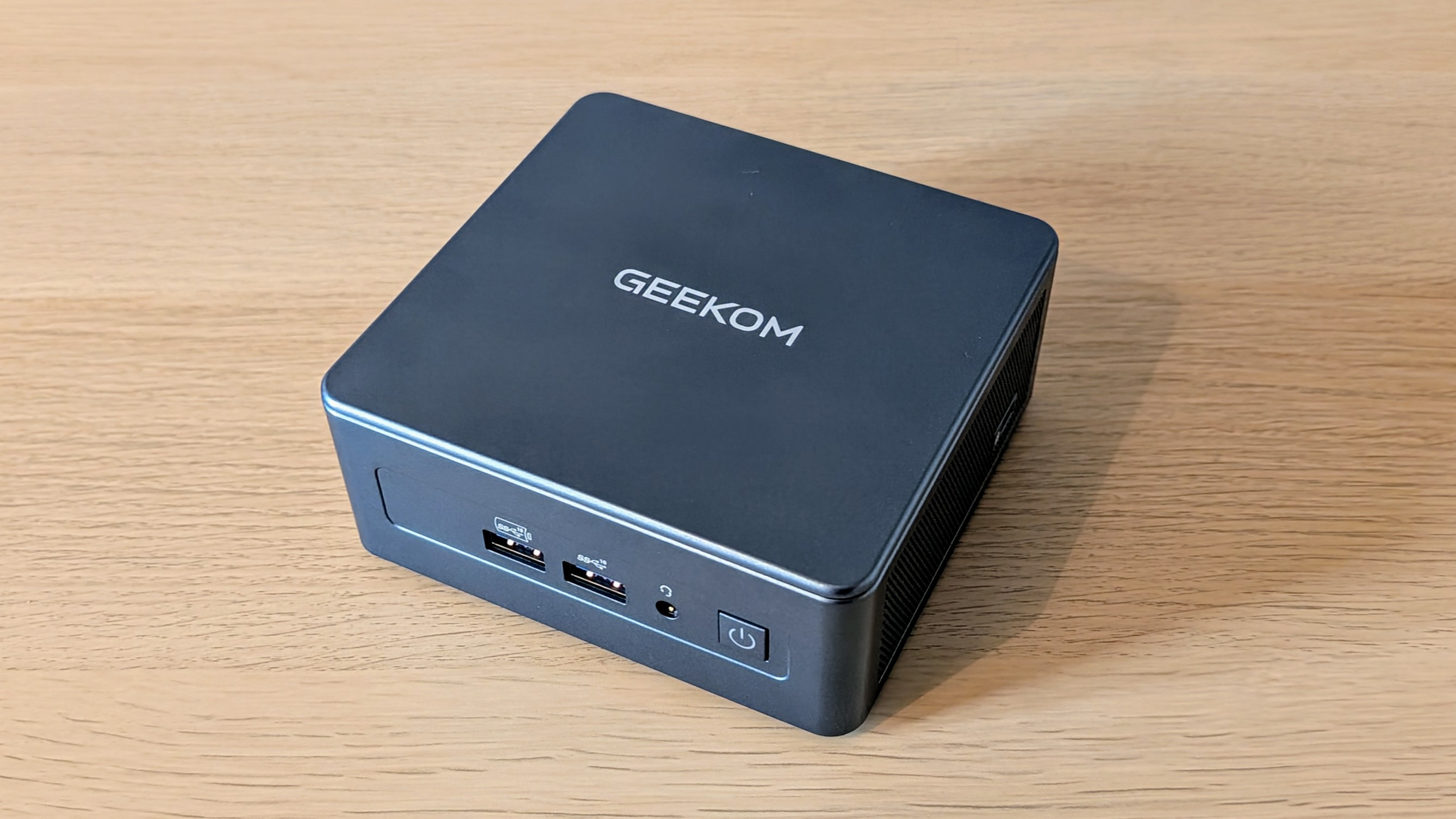 Geekom Mini IT13 Review
Geekom Mini IT13 ReviewReviews It may only be a mild update for the Mini IT13, but a more potent CPU has made a good mini PC just that little bit better
By Alun Taylor
-
 Why AI researchers are turning to nature for inspiration
Why AI researchers are turning to nature for inspirationIn-depth From ant colonies to neural networks, researchers are looking to nature to build more efficient, adaptable, and resilient systems
By David Howell
-
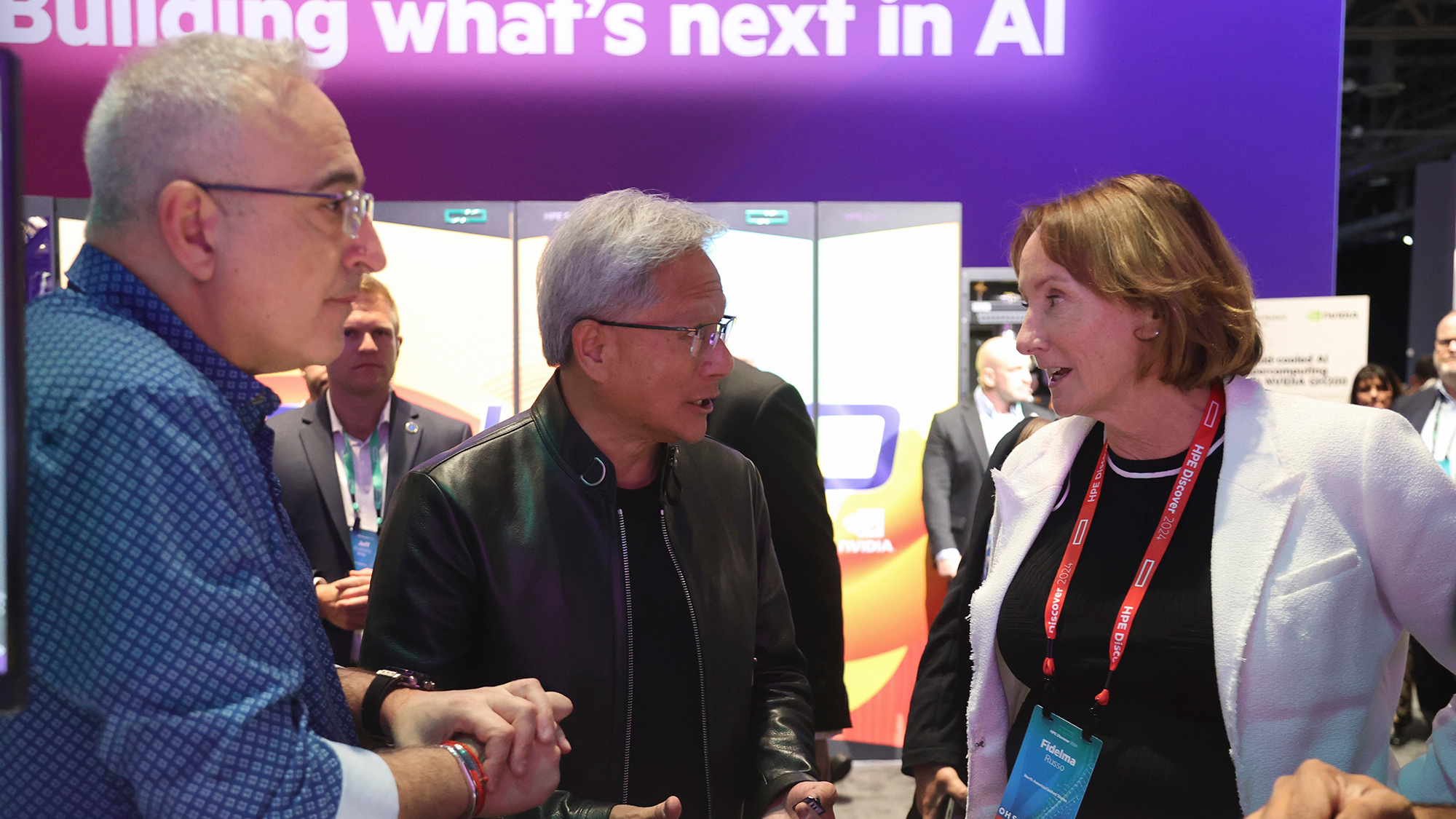 Who is Fidelma Russo?
Who is Fidelma Russo?Learn more about HPE's CTO and leader of GreenLake's success
By Nicole Kobie
-
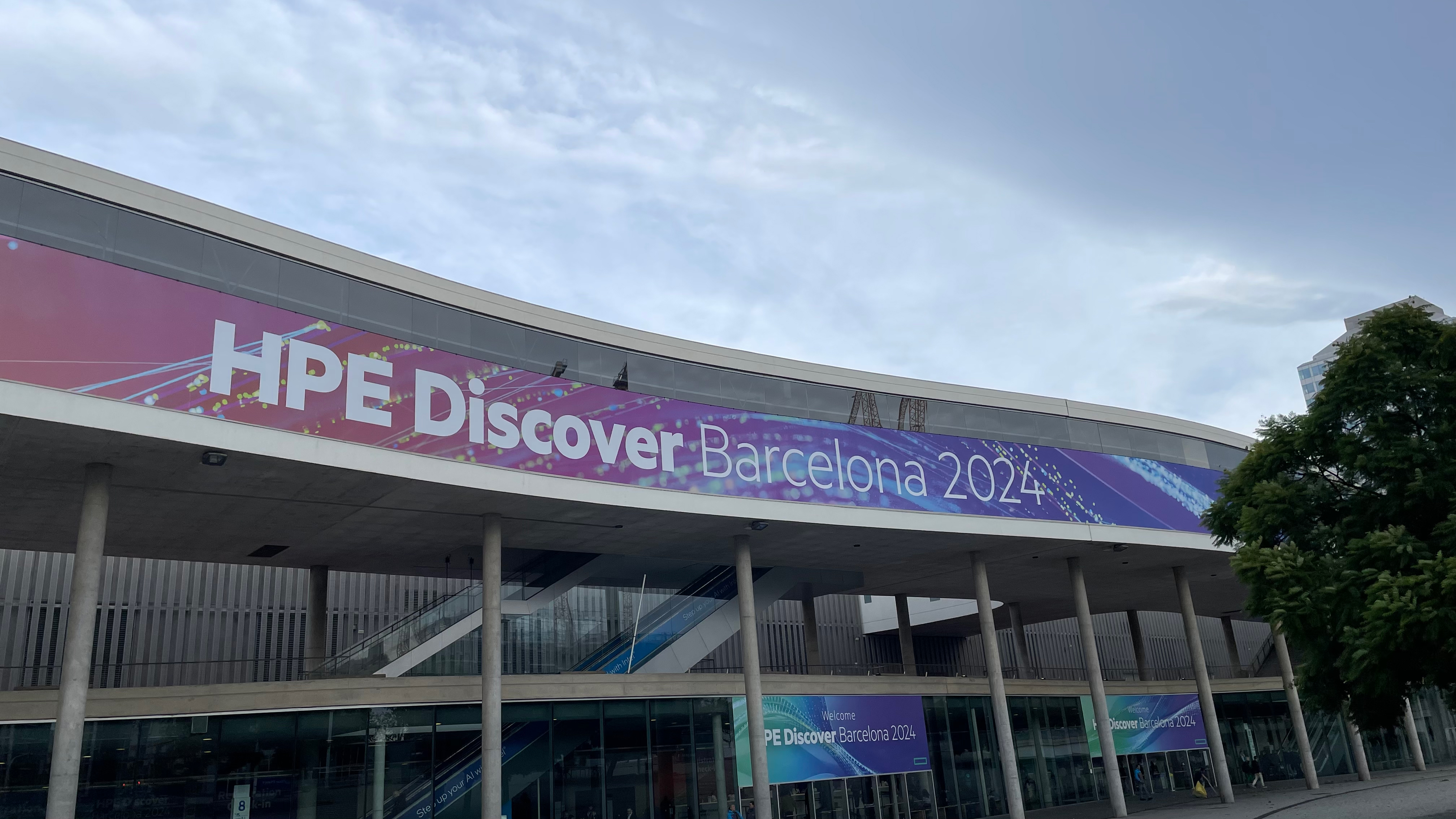 Steady progress and partner potential at HPE Discover Barcelona 2024
Steady progress and partner potential at HPE Discover Barcelona 2024Analysis With few product announcements, HPE's annual Europe event instead laid the groundwork for 2025
By Jane McCallion
-
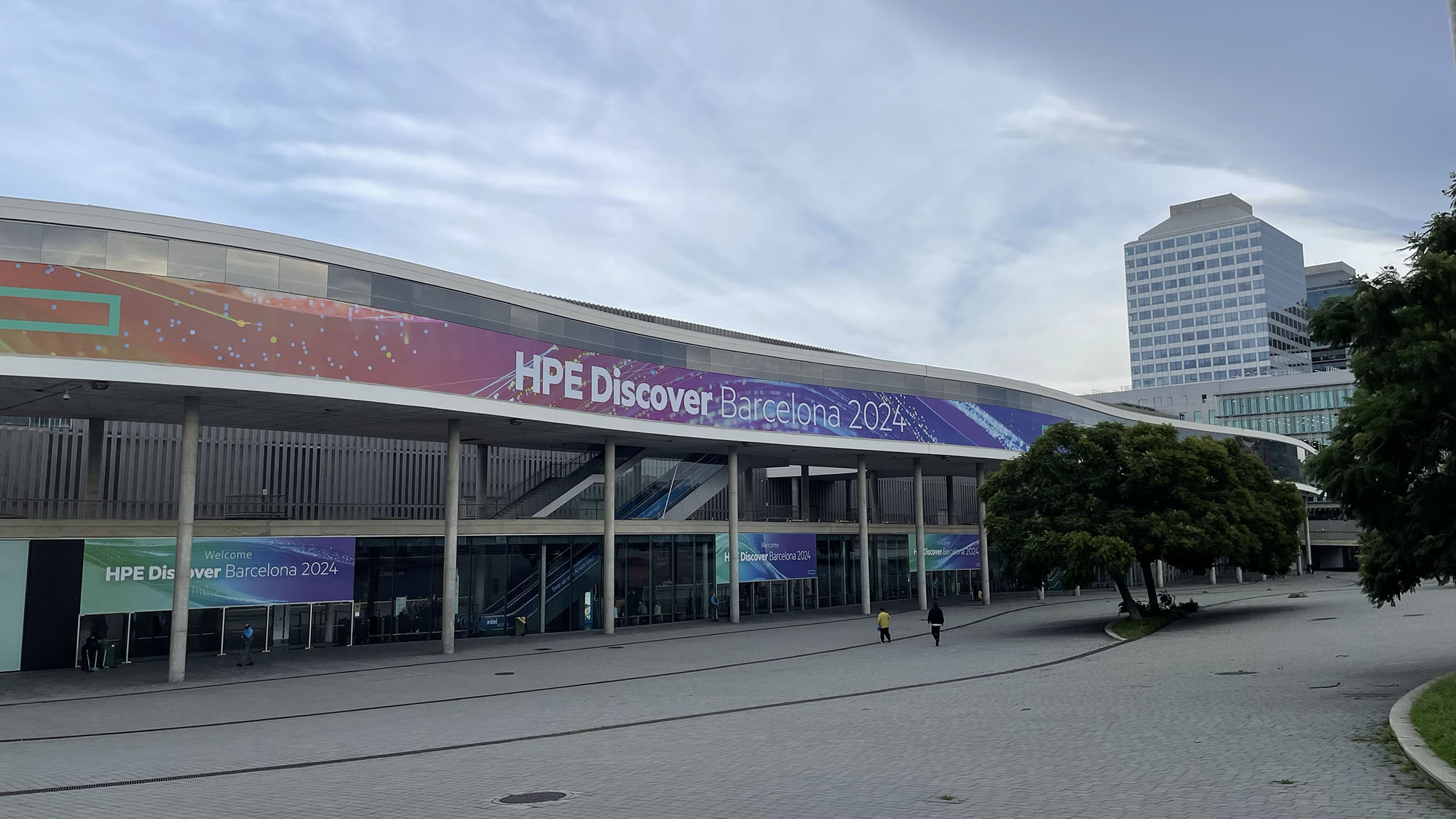 HPE launches exclusive sovereign cloud offering for the channel
HPE launches exclusive sovereign cloud offering for the channelPartners will need HPE Sovereignty competency before they can start selling
By Jane McCallion
-
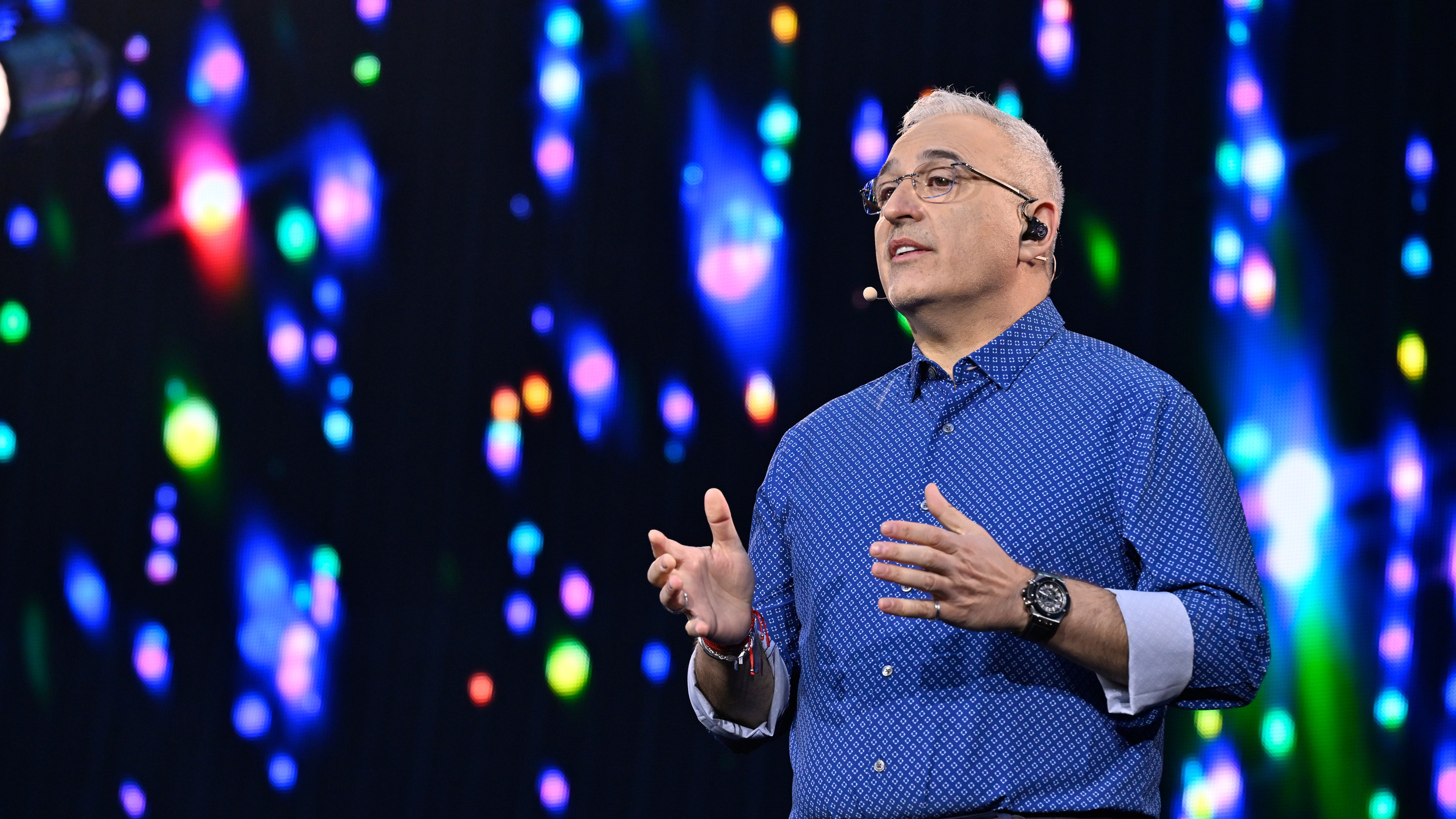 HPE Discover Barcelona 2024: All the news and updates live
HPE Discover Barcelona 2024: All the news and updates liveLive coverage of the keynote at HPE Discover Barcelona
By Jane McCallion
-
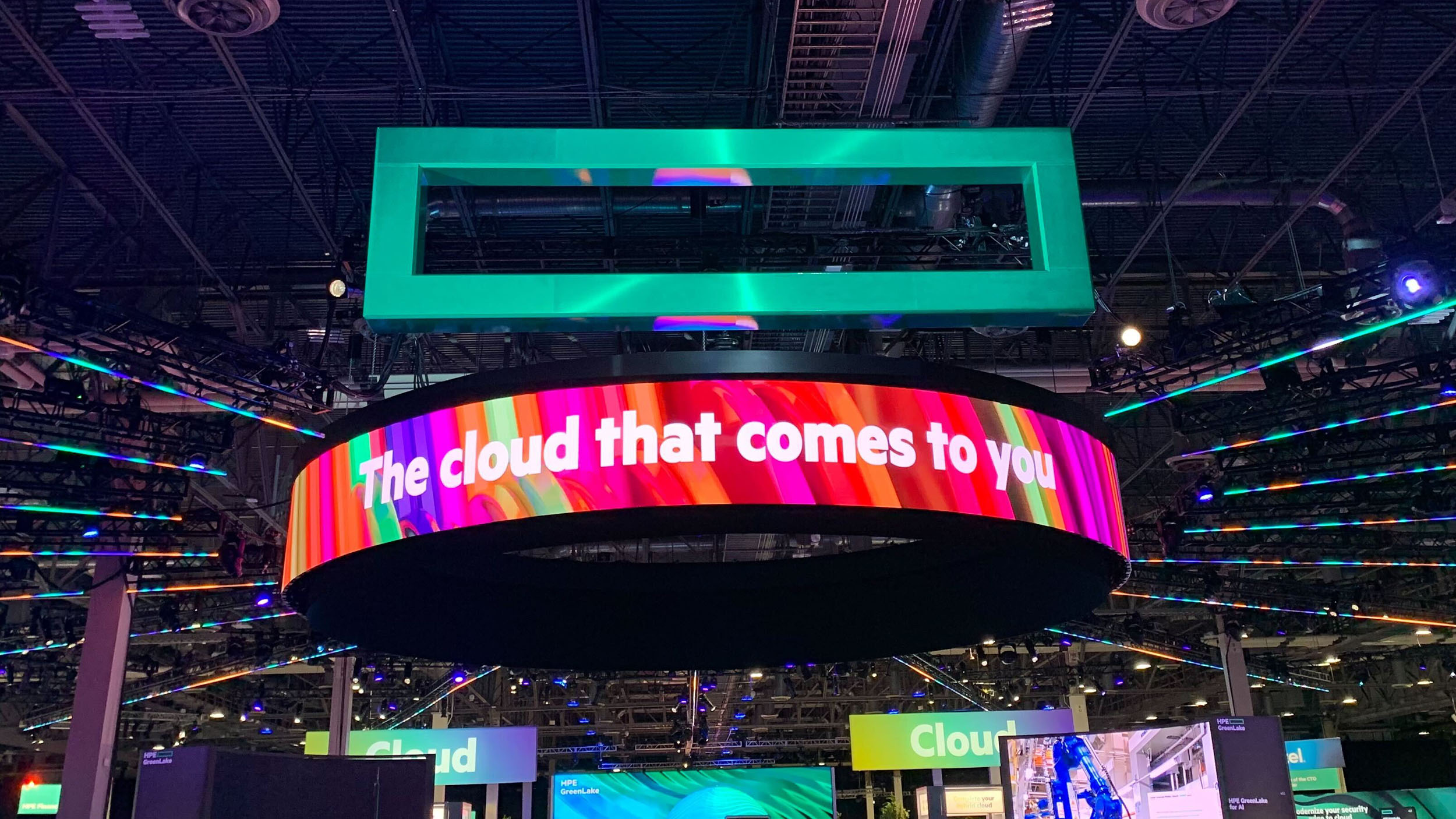 What to look out for at HPE Discover Barcelona 2024
What to look out for at HPE Discover Barcelona 2024Analysis Hewlett Packard Enterprise’s European conference opens on 20 November – here’s four announcements I expect to see
By Jane McCallion
-
 The power and the pain: Looking forward so you’re not held back
The power and the pain: Looking forward so you’re not held backAvoiding server modernization may seem like a cost-saving strategy, but the hidden risks of downtime, security breaches, and operational inefficiencies can quickly become far more costly…
By ITPro
-
 Modernization: Nothing to fear except failing to future-proof
Modernization: Nothing to fear except failing to future-proofAs businesses face mounting pressure to innovate while maintaining daily operations on tight budgets, modernization has become a necessity, not a luxury
By ITPro
-
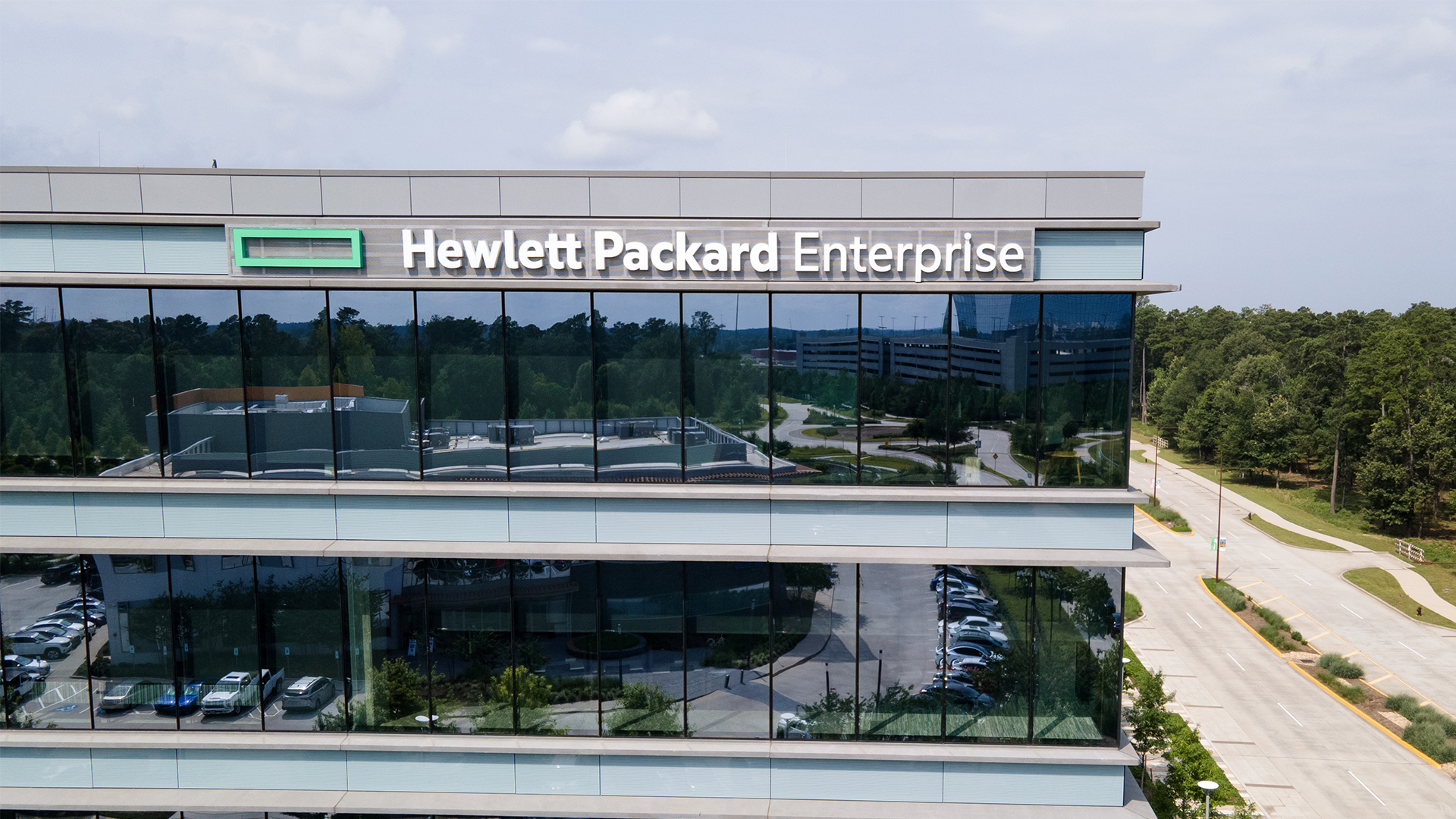 Plain sailing for HPE as Juniper Networks acquisition expected to breeze through antitrust probe
Plain sailing for HPE as Juniper Networks acquisition expected to breeze through antitrust probeNews The deal is expected to bolster HPE’s position in the highly competitive networking market
By George Fitzmaurice